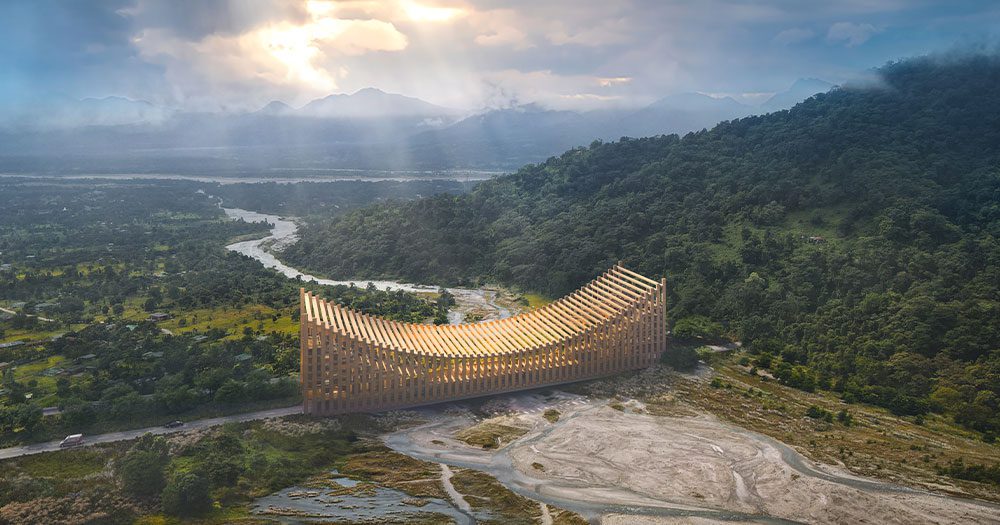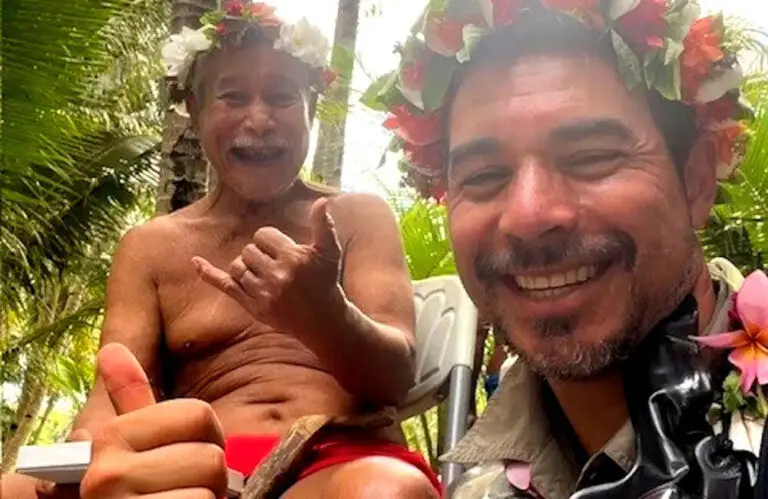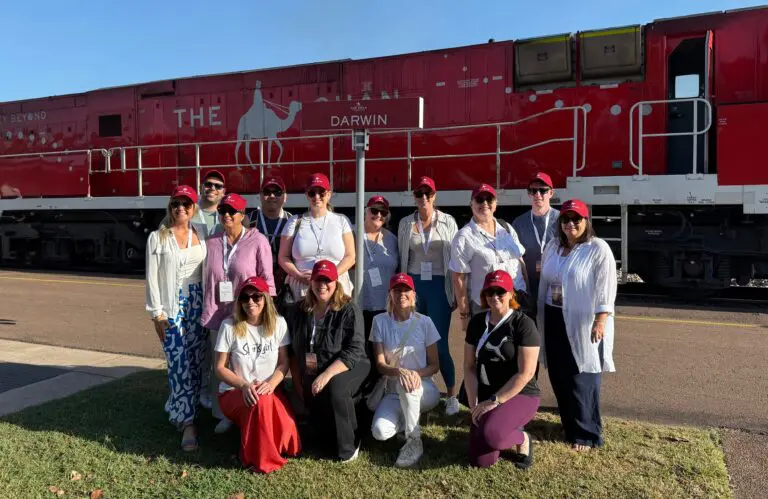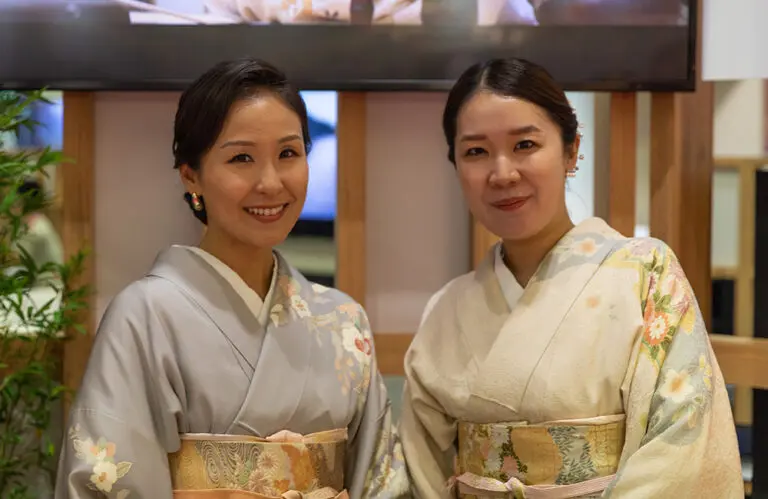King of Bhutan, His Majesty Jigme Khesar Namgyel Wangchuck, has announced plans for a new Gelephu Mindfulness City Special Administrative Region to drive development in Bhutan.
The Gelephu Mindfulness City masterplan proposes a low-density urban destination for business, culture and spirituality. It will be located in the southern city of Gelephu, near the India-Bhutan border.
The plan, revealed on the Kingdom of Bhutan’s 116th National Day, will see investments in green energy, physical and digital connectivity infrastructure and education. Its principles will be founded on Bhutanese values and the Gross National Happiness philosophy. It aims to be the world’s first carbon negative community.
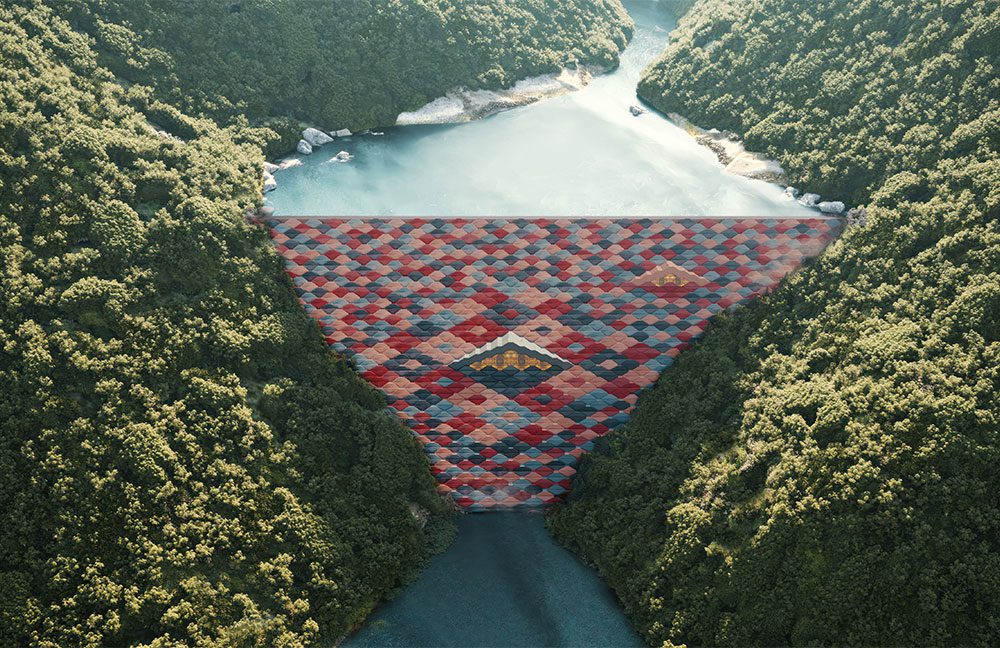
Gelephu Mindfulness City will serve as the gateway for tourists to the rest of the country, tucked between two nature reserves: the Phibsoo Wildlife Sanctuary and Royal Manas National Park. It is also connected to Thimphu via Paro airport.
Late last month, international design firm, BIG-Bjarke Ingels Group (BIG) shared its masterplan for Mindfulness City. The masterplan will involve a series of bridges – one of which that will connect to a new airport – as new landmarks tailored to each of the nine Gross National Happiness domains, agricultural preservation, mobility connections, public spaces and low- to mid-rise development in the south.
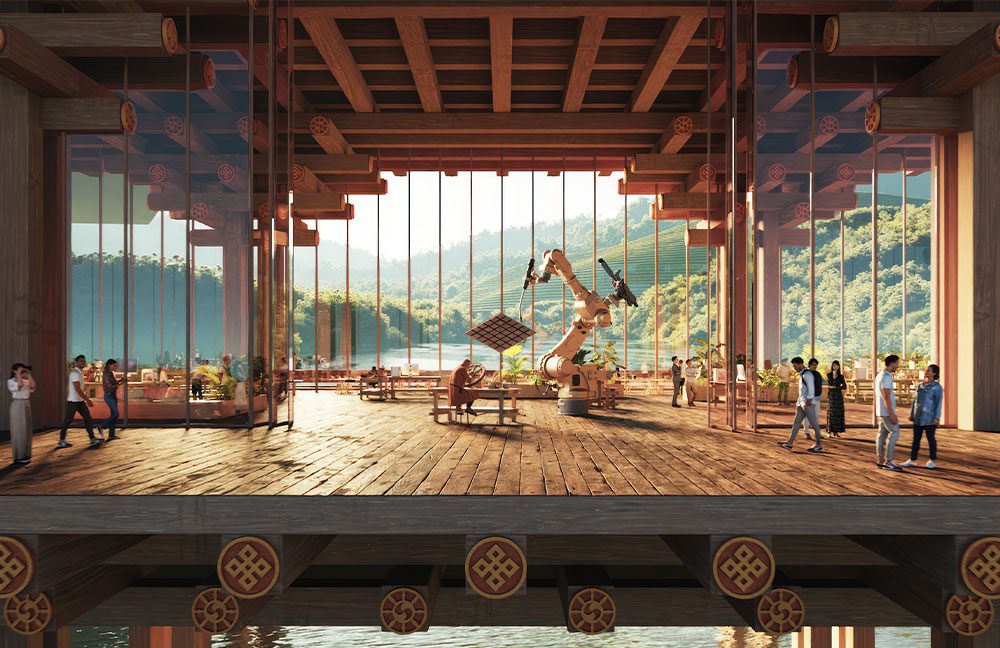
With 70 per cent of the country covered in forest, the Mindfulness City will cover an area of more than 1,000 square kilometres – around 2.5 per cent of the total surface area of the country. Each neighbourhood is designed based on the principles of the Mandala.
“We imagine the Mindfulness City as a place that could be nowhere else,” said Bjarke Ingels, Founder and Creative Director, BIG.
“Where nature is enhanced, agriculture is integrated, and tradition is living and breathing, not only preserved but also evolved. Shaped by waterways, Gelephu becomes a land of bridges, connecting nature and people, past and future, local and global,” he said.
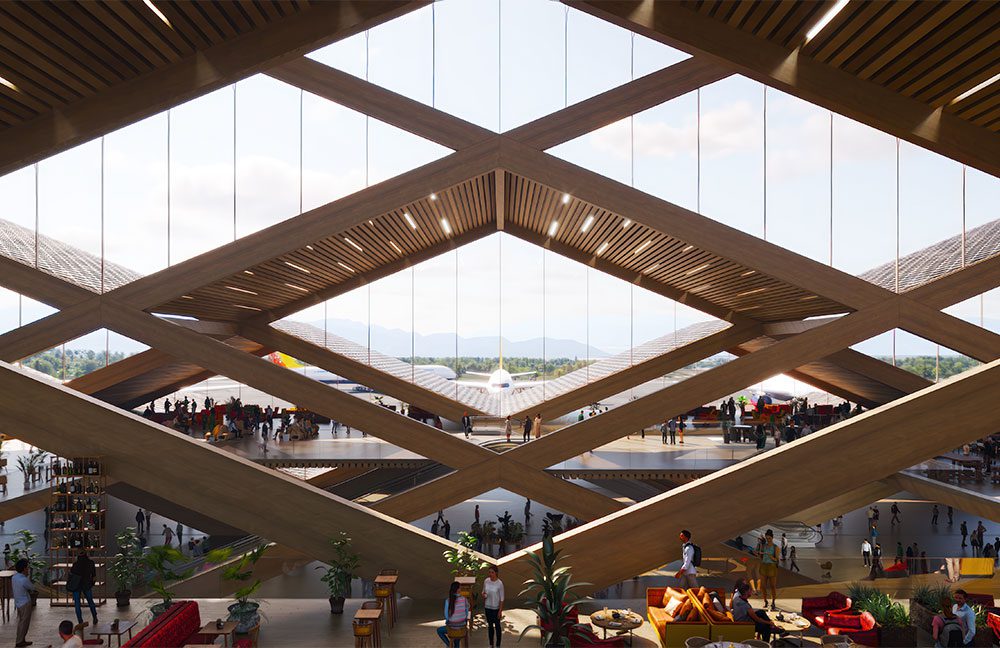
Landmark mobility connections between neighbourhoods double as transportation infrastructure combined with civic and cultural facilities, creating a series of ‘inhabitable bridges’ which are tailored to each of the nine Gross National Happiness domains.
The plan will also include a cultural centre to immerse and educate visitors about Bhutanese culture and customs; and a market adorned with Bhutanese textiles.
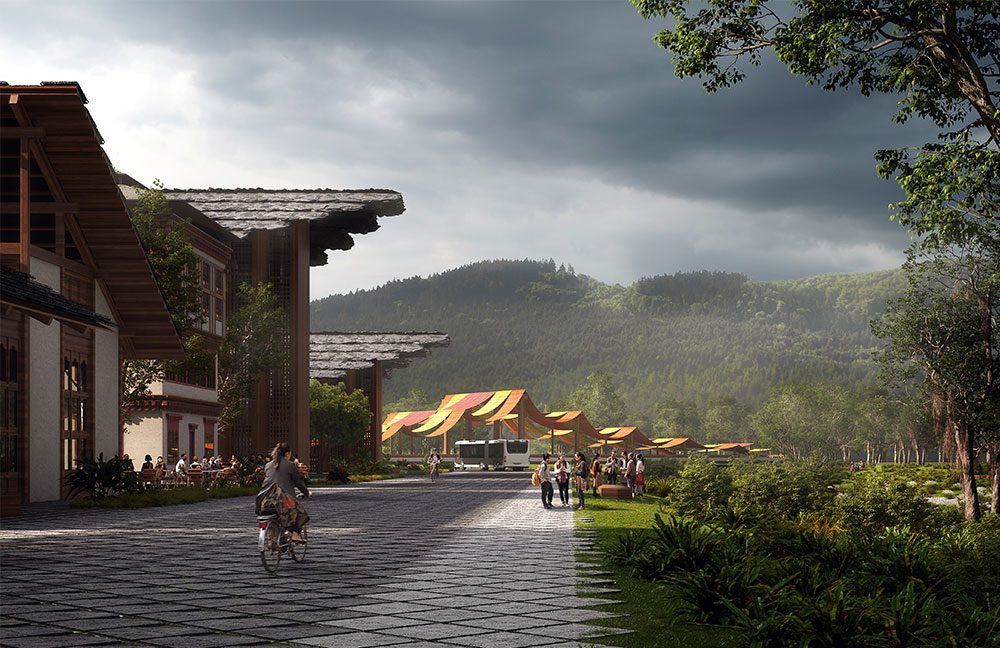
The final bridge, a hydroelectric dam, will be constructed on the city’s western border with a step-well retaining wall that offers viewpoints, staircases for meditative walks, and a temple.
Visitors and pilgrims can ascend and descend along countless individual routes to the visitor centre and temple nested on the face of the manmade cliff.
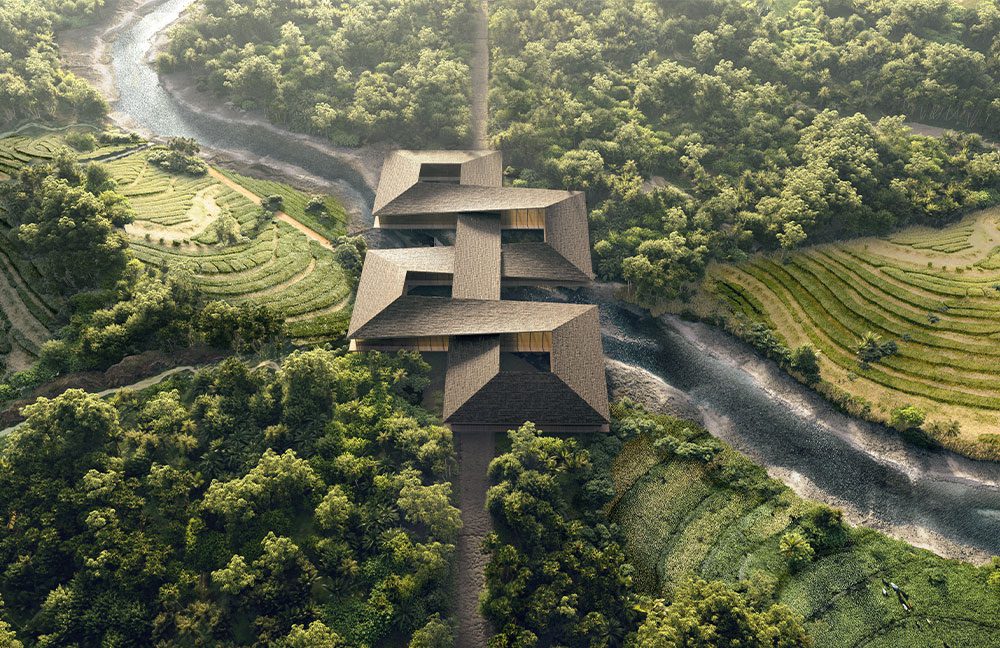
Gelephu already has existing tourism infrastructure (including hotels), but capacity will naturally expand with increased traffic and demand.
Current visa requirements for visitors
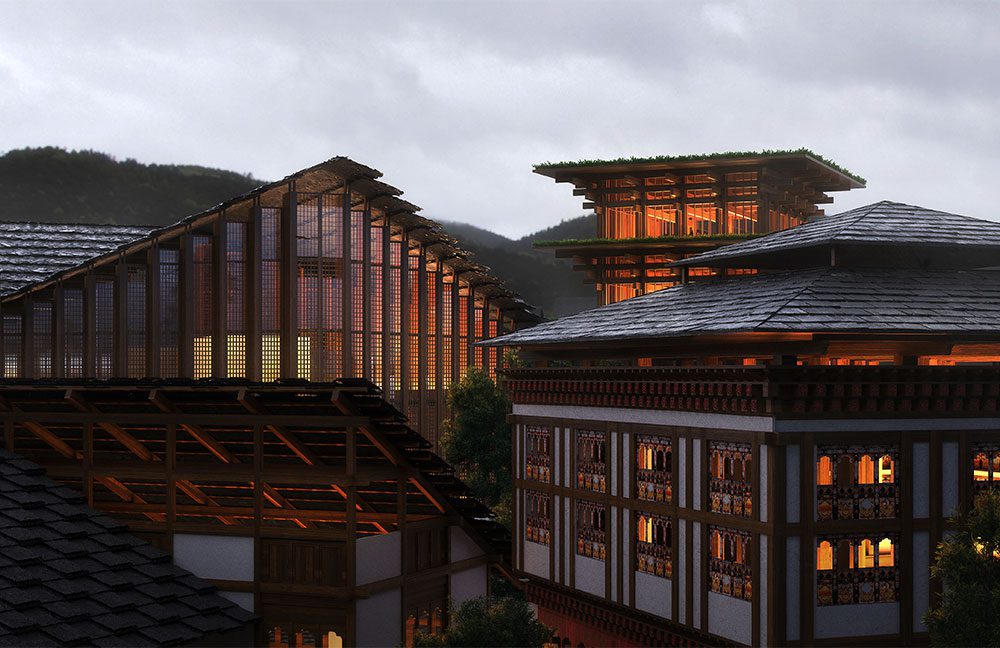
All visitors to Bhutan must have a visa and permit before travelling to Bhutan (except for visitors from Bangladesh, Maldives, and India who require a permit).
Visitors can apply online for a visa or permit or via a Bhutanese Tour Operator. It takes around five days to process a visa.
All guests must pay Bhutan’s Sustainable Development Fee (SDF) of USD$100 (about AUD$ per person per night (concessionary rates apply for children): and a non-refundable, one-off visa application fee of USD$40 (about AUD$
More information is available at bhutan.travel



